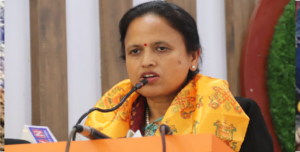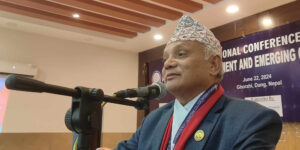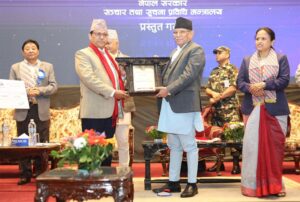What is a research statement?
Some general advice on research statements:
- The goal of the research statement is to introduce yourself to a search committee, which will probably contain scientists both in and outside your field and get them excited about your research. The statement may be two or more pages, keeping in mind that you want people to read it. So don’t make it too long, use informative section headings, don’t use a tiny font, don’t make the margins ridiculously small, etc. It is better to use a larger font and let it run over another page than to squeeze it all onto two pages.
- Think of the overarching theme guiding your main research subject area. Write an essay that lays out:
- The main theme(s) and why it is important and what specific skills you use to attack the problem.
- A couple of specific examples of problems you have already worked on with success – to build credibility and give people outside your field an idea of what it is you do.
- A discussion of the future direction of your research. This section should build on the above and be really, really exciting to people both in and outside your field. Don’t sell yourself short. If you think that your research could lead to answers for big, exciting questions – say so! You’ve already built-up credibility in the previous section, now reach for the stars.
- Tie it all off with a final paragraph that leaves the reader with a good overall impression of your research.
- There is a delicate balance between a realistic research statement where you promise to work on problems you really do think you can solve and over-reaching or dabbling in too many subject areas. You probably want to select an over-arching theme for your research statement and leave some miscellaneous ideas or projects out of it. Everyone knows that you will work on more than what you mention in this statement.
- Pay attention to jargon. You want most readers to understand everything in your statement. Make sure that you describe your research in language that many people outside your specific subject area can understand. Ask people both in and outside your field to read it before you submit your application. Remember that the goal is to get the search committee excited about you – they won’t get excited about something they can’t understand.
- It will be helpful to point out how some faculty at the department/university that you are applying to could be your collaborators in research and/or teaching.
- Be sure to include potential funding partners or industrial collaboration! Be creative!
- The research statement should convince the search committee not only that you are knowledgeable, but that you are the person to carry out the research.
- If you have something that sets you apart (e.g. a publication in Science, Nature, or a very prestigious journal in your field), you may want to include it.
- There are no excuses for spelling errors. Source: Cornell University.









